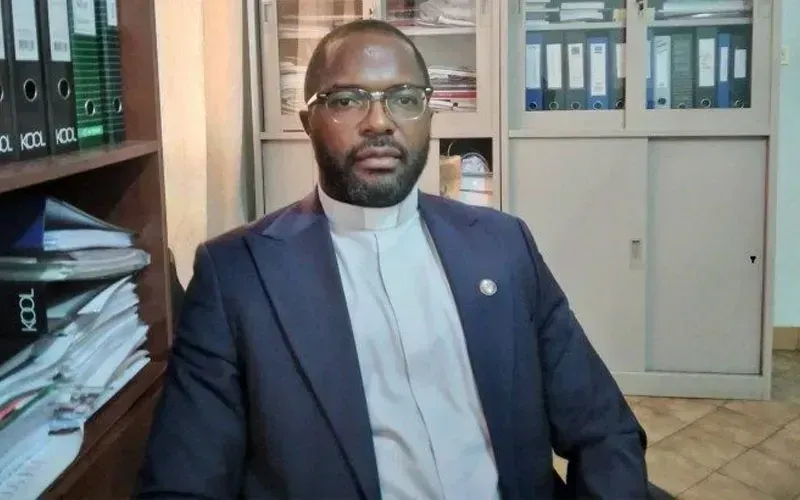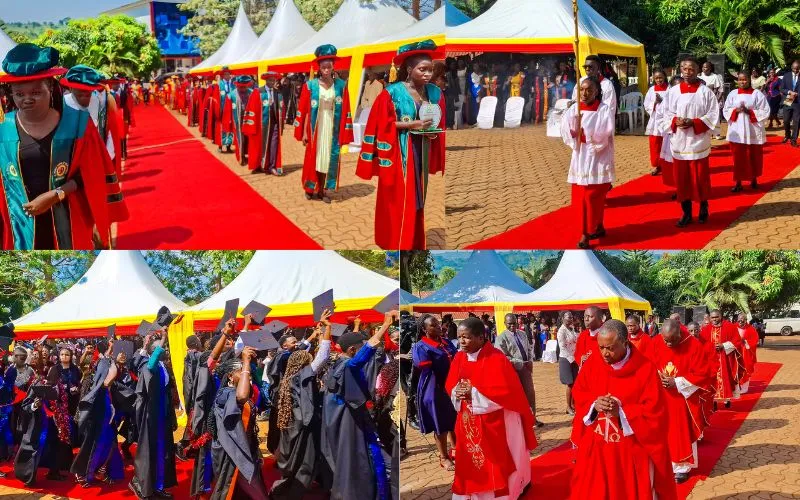Luanda, 02 June, 2024 / 9:50 pm (ACI Africa).
The Executive Secretary of the Catholic Commission for Justice and Peace (CCJP) of the Catholic Bishops’ Conference of Angola and São Tomé (CEAST) has called on churches to “create spaces” for those affected by “political conflict” in the country.
In May 1977, thousands of Angolans were tortured, sent to concentration camps and shot without trial during the country’s civil war. May 7 has been set aside to remember those who died during the conflict. This year it was the 47th anniversary.
Reflecting on the commemoration in an interview with ACI Africa, Fr. Celestino Epalanga said it is the Church's responsibility and mission to participate in the peace and reconciliation process in Angola, after several years of conflict.
“I think the churches should create spaces to welcome all those people who are victims of these political conflicts,” Fr. Epalanga told ACI Africa Friday, May 31.
He made reference to Pope emeritus Benedict XVI’s Post Synodal Exhortation on the Church in Africa in Service to Reconciliation, Justice and Peace, Africae Munus, saying, “The mission of the Church is to reconcile like Pope Benedict XVI said the Church at the service of reconciliation, justice and peace.”








